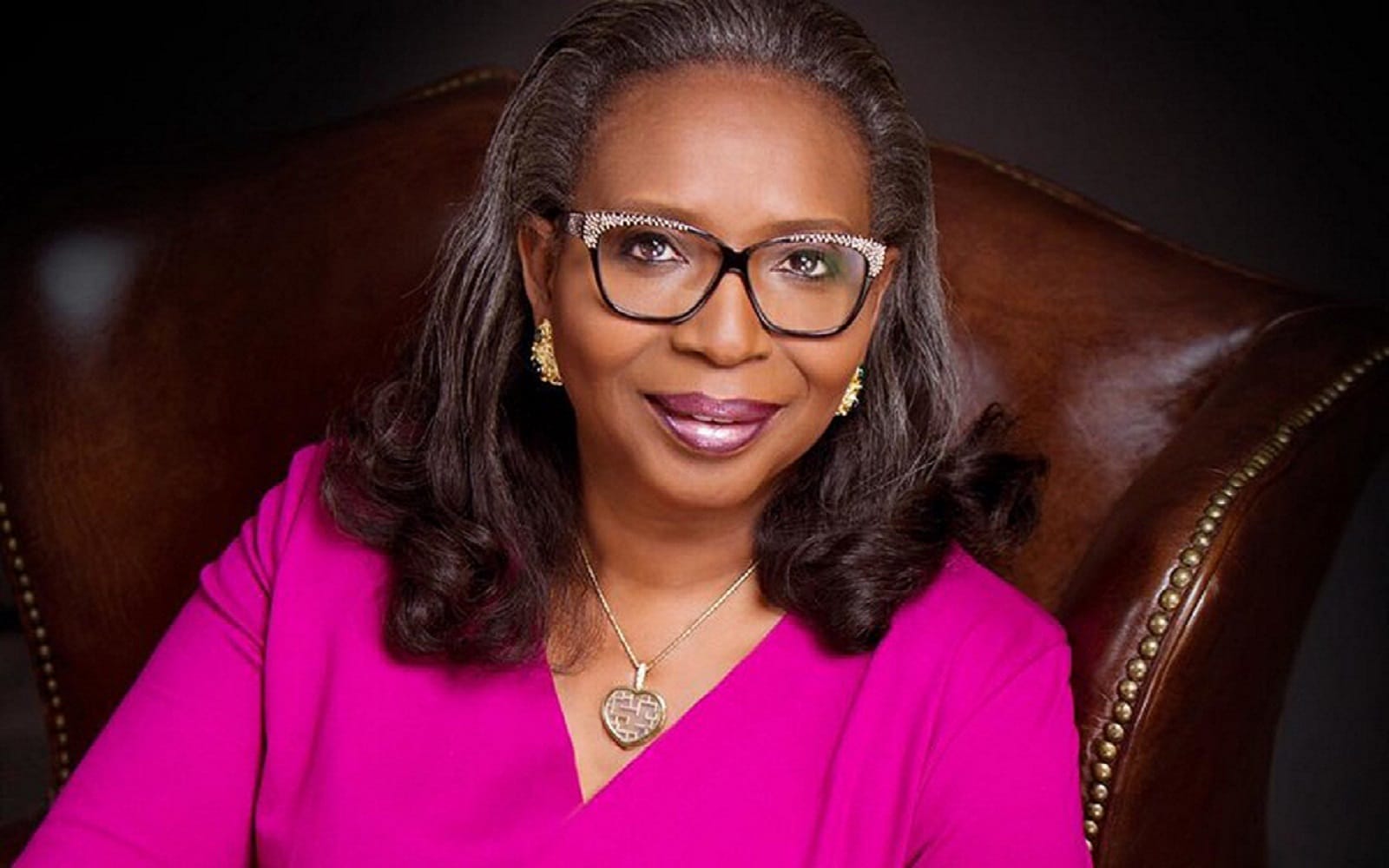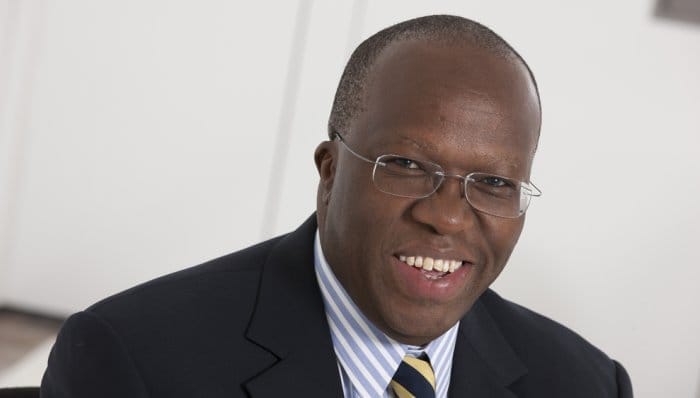Africa’s commercial revolution is no longer just a possibility, it is a dynamic movement driven by visionary leaders transforming trade, manufacturing, and finance across borders. These five pioneers are not simply growing businesses; they are designing the infrastructure for a self-sustaining, globally competitive African economy. From mobile finance and industrial manufacturing to retail logistics and digital lending, they are defining what prosperity looks like in the 21st-century African marketplace.
1. Strive Masiyiwa
Founder & Executive Chairman, Econet Group — Zimbabwe
Strive Masiyiwa remains one of the continent’s most consequential figures in telecommunications, fintech, and infrastructure. Through Econet Group and its pan-African tech platform, Cassava Technologies, Masiyiwa has spearheaded initiatives that span mobile payments, broadband, and cloud computing across more than 20 African countries. According to Bloomberg (2024), his innovations, including the widely adopted EcoCash, have laid the foundation for Africa’s digital commerce ecosystem. Masiyiwa’s influence also extends globally; he serves on the boards of Netflix and Unilever, where he champions greater African representation in international enterprise decision-making.
2. Ibukun Awosika

Former Chairperson, First Bank of Nigeria; Founder, The Chair Centre Group — Nigeria
Ibukun Awosika has long been at the vanguard of Africa’s business transformation. As the founder of The Chair Centre Group, she helped local manufacturing gain traction in an era dominated by imports, promoting a bold “Made in Nigeria” narrative. During her time as Chairperson of First Bank of Nigeria, she oversaw critical transitions in digital banking that enabled greater access for underserved businesses. According to Forbes Africa (2023), Awosika’s impact is equally profound in the realm of gender equity, having co-founded African Women on Board to elevate women’s leadership across commerce and corporate governance.
3. Tunde Kehinde

Co-founder, Lidya; former MD, Jumia Nigeria — Nigeria
Tunde Kehinde is a commerce architect for the digital age. Through Lidya, he’s enabling small and medium-sized enterprises to overcome financing barriers by offering instant, collateral-free loans, an essential support system for Africa’s emerging trade class. According to TechCrunch (2024), Lidya’s reach extends from West Africa to Eastern Europe, showcasing the scalability of African-born fintech models. Kehinde also played a founding role in launching Jumia Nigeria, Africa’s foremost e-commerce platform, helping to mainstream online retail across the continent. His dual expertise in tech-enabled lending and logistics continues to reshape the backbone of African trade.
4. Mohamed Dewji

President & CEO, MeTL Group — Tanzania
Mohamed Dewji stands as a champion of regional value creation. Leading MeTL Group, he has transformed a family-run import-export business into an industrial conglomerate operating in over 10 African countries and employing more than 30,000 people. As noted in Forbes Africa’s 2022 billionaire rankings, Dewji has championed agro-processing, local sourcing, and intra-African supply chains, core priorities of the African Continental Free Trade Area (AfCFTA). His emphasis on manufacturing-led growth and regional integration positions MeTL as both a commercial giant and a model for inclusive economic development.
5. Gerald Mahinda

Group Executive Director, Brandhouse; former MD, Diageo East Africa — Kenya
Gerald Mahinda is a strategist of scale in the fast-moving consumer goods (FMCG) sector. As Managing Director at Diageo East Africa, he implemented sweeping improvements in production and supply chain systems across Kenya, Uganda, and Tanzania. Now at Brandhouse, Mahinda provides critical insights to brands navigating the complexities of African consumer markets. According to Business Daily Africa (2023), his efforts have modernized retail distribution and made regional commerce more efficient. His legacy lies in helping both multinational and homegrown companies adapt and thrive in Africa’s competitive trade environment.
Designing the Blueprint for a $3.4 Trillion Market
These five commerce trailblazers are not just responding to Africa’s economic evolution, they are designing it. Their companies serve as platforms for inclusive growth, innovation, and market integration, from grassroots manufacturing hubs to continent-spanning fintech ecosystems. Their collective impact is preparing Africa for the long-anticipated potential of a $3.4 trillion intra-African trade zone under AfCFTA, proving that African-led commerce is not just viable, it is visionary.
This list was compiled by evaluating influential leaders in African commerce between 2010 and 2025 whose businesses span multiple countries and industries with measurable economic impact. Sources include Bloomberg, Forbes Africa, TechCrunch, and Business Daily Africa, with a focus on leaders shaping access to capital, regional integration, and scalable business models across the continent. Consideration was given to both historical influence and ongoing contributions to pan-African trade development.

